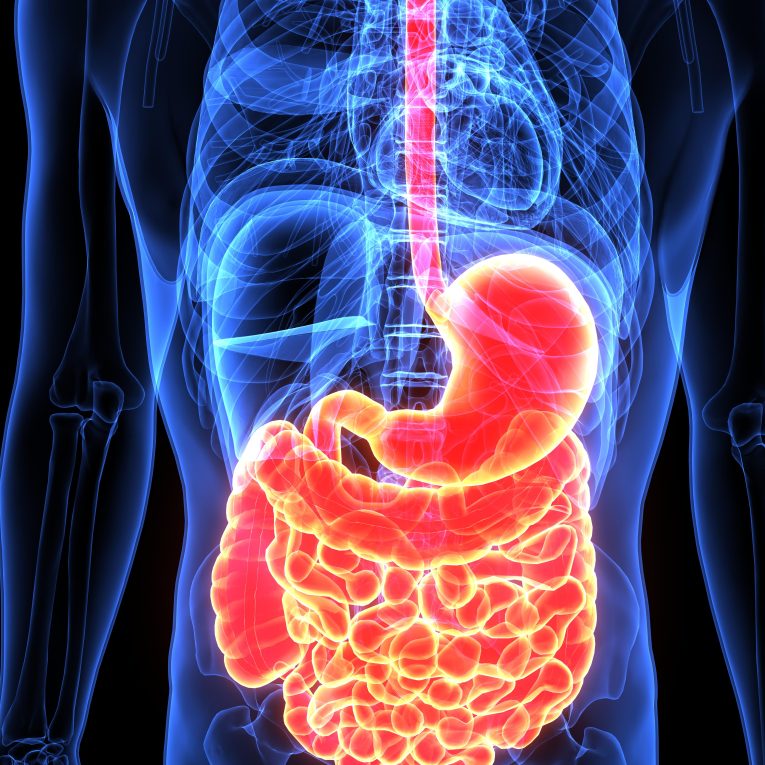Rectal cancer is a type of cancer that develops in the rectum, which is the final part of the large intestine that connects to the anus. It typically starts as small, benign growths called polyps, which can eventually become cancerous if not detected and treated early. Here’s an overview of signs, symptoms, and treatment options for rectal cancer:
Signs and Symptoms:
- Rectal Bleeding: One of the most common signs. Blood can be bright red or dark in color.
- Changes in Bowel Habits: Long-standing diarrhea, constipation, or changes in stool consistency.
- Abdominal Discomfort: Persistent abdominal pain, cramps, or discomfort.
- Feeling of Incomplete Evacuation: Sensation of needing to have a bowel movement even after having one.
- Unexplained Weight Loss: Significant weight loss without dieting or exercising.
- Fatigue: Feeling tired or weak, often due to anaemia caused by blood loss.
Overview of Treatment:
- Surgery: Surgery is the primary treatment for rectal cancer and may involve removing the tumour along with some surrounding healthy tissue (local excision) or removing a portion or the entire rectum (resection). In some cases, surgery may also involve creating a colostomy or ileostomy, where an opening is made in the abdominal wall for waste elimination.
- Chemotherapy: Chemotherapy may be used before or after surgery to shrink the tumour, reduce the risk of recurrence, or kill any cancer cells that have spread beyond the rectum. It may also be combined with radiation therapy.
- Radiation Therapy: Radiation therapy uses high-energy beams to kill cancer cells. It may be used before surgery (neoadjuvant therapy) to shrink the tumour, making it easier to remove, or after surgery (adjuvant therapy) to kill any remaining cancer cells and reduce the risk of recurrence.
- Targeted Therapy: This type of therapy targets specific molecules involved in cancer growth and progression. Targeted therapy drugs may be used in combination with chemotherapy or radiation therapy, especially for advanced or metastatic rectal cancer.
- Immunotherapy: Immunotherapy medications induce the immune system to recognize and attack cancer cells. While not yet a standard treatment for rectal cancer, ongoing research is investigating the potential of immunotherapy in combination with other treatments.
Treatment plans for rectal cancer are individualized based on factors such as the stage of the cancer, overall health of the patient, and personal preferences. It’s essential for patients to work closely with their healthcare team to develop a comprehensive treatment plan that addresses their specific needs and goals. Early detection and treatment offer the best chance for a successful outcome in rectal cancer. Regular screening tests, such as colonoscopies, can help detect polyps or early-stage cancer before symptoms develop.

